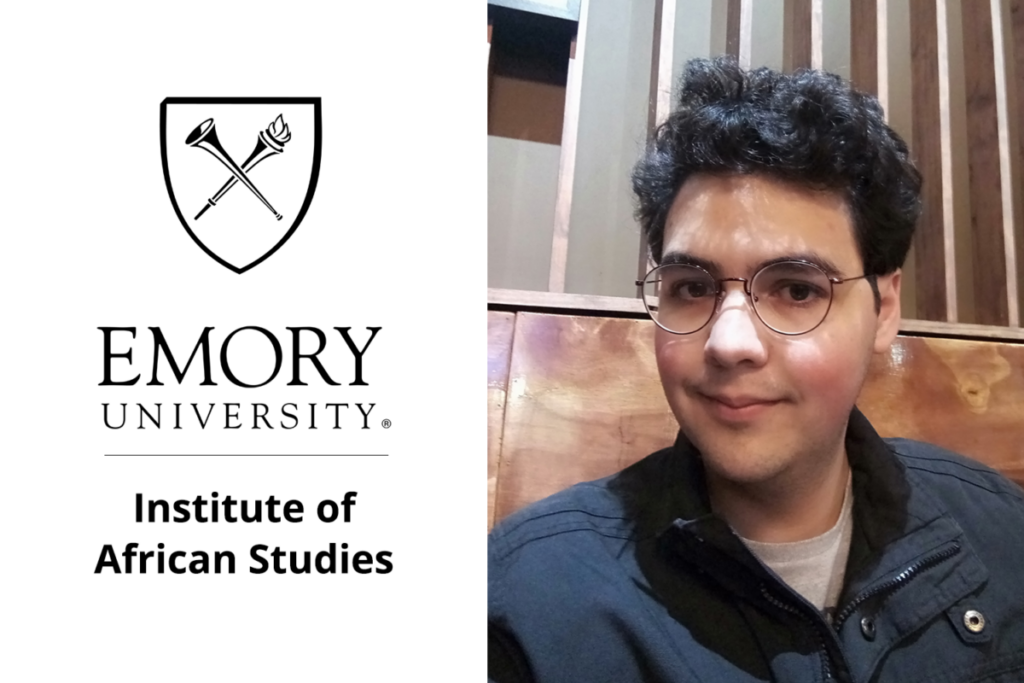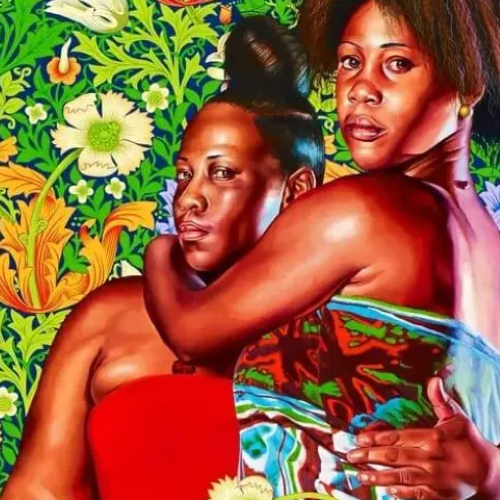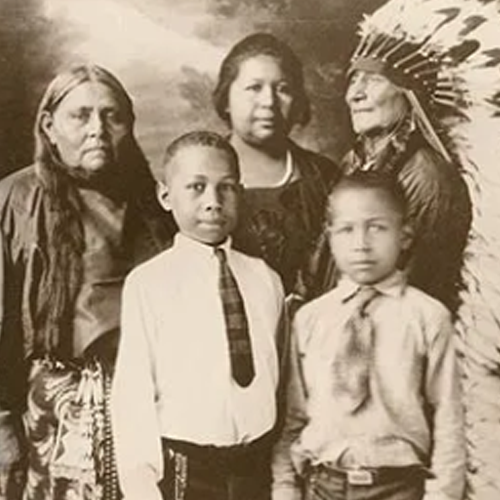
Doctoral student Alejandro Guardado won the Albert J. Beveridge grant from the American Historical Association for his research project, “Reimagining Community: Indigenous Organizing in Mexico’s Neoliberal Turn, 1968–2000.” Guardado’s dissertation centers on Self Determination Movements in Zapotec and Mixe communities in the Sierra Norte of the Mexican state of Oaxaca. He analyzes how Indigenous intellectuals and activists developed networks with micro-regional political coalitions, anthropologists, liberation theologians, and NGOs as a means of renegotiating their relationship to the Mexican government and market forces.
The Beveridge grants support research in the history of the Western Hemisphere, and Guardado was among just 15 graduate students nationwide selected for the prize. Dr. Yanna Yannakis, Samuel Candler Dobbs Professor of History and Department Chair, serves as Guardado’s dissertation advisor.



























